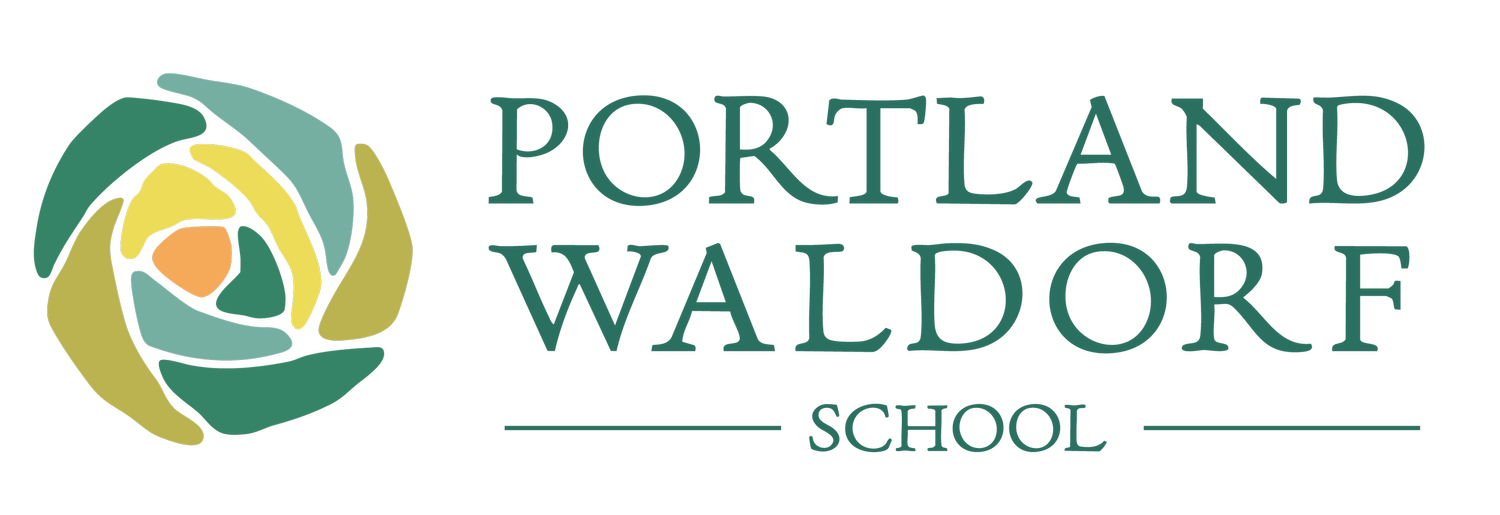Deepening our Relationship with Local Native American History & Contemporary Culture
By Virginia Berg, PWS’ Land Acknowledgement Committee and High School Humanities Teacher
How much do you know about the people indigenous to the place you’re sitting right now? Most people don’t know much.
As a child, I lived on the lands of the one-time Grand Ronde reservation, finding and re-losing arrowheads in the woods. About half of my public school classmates were Native, and still we were taught nothing. There was no tribe or land recognition. It was 1974, and my parents had left the Bay Area to raise their children at a wholesome pace where housing was cheaper, probably like some of you. We were largely ignorant, as efforts to erase this culture had been so successful.
So, if you don’t know much about local Native history and contemporary culture, you’re not alone.
Yet as parents, educators and Oregonians, we need to learn, and do better. Who and what was displaced in order for us to be here? Where are these people now? Fortunately, this culture was not erased, and as our Native neighbors have worked and struggled to reclaim their heritage, some among them are willing to bring us all along.
Stephanie Craig is one of these people.
Stephanie is an enrolled Grand Ronde tribal member, and a seventh-generation basket weaver. She has a strong academic background in Northwest Native American cultures, cultural anthropology, and museum and folklore studies. She has a family trove of memories, practices, stories, teachings and baskets. She is connected by birth and by marriage to many of the Northwest tribes. As a young Indian woman, she feels the call to carry her traditions into the future and out into the world. She’s also a brilliant teacher, and a mother of young children.
This past December, Stephanie presented over Zoom and answered questions for PWS and our greater community. She gave an overview of the history of the varied tribes along the coast and waterways of Oregon; the forced removal of over 30 tribes to Grand Ronde; and tribal termination in 1954. For over a generation, there was no tribe. Fortunately, a scarce few valued traditions were preserved in families. After decades of hard work, the tribe was restored in 1983, which gave a structure for restoring the language, traditions, and heritage of local Native people. Odds were against any of this heritage surviving, so the fact that we see any evidence of this culture attests to how dearly it is held.
How can we, who are not Native, become allies to these remarkably resilient people? Stephanie provided us with some clear answers:
Educate ourselves—know whose land we’re on, and their story. If you see something misrepresented, take the time for a conversation to set the story straight.
Be curious—reach out, interact, and ask questions.
Don’t believe everything you see in the media—Native folks are just like everyone else, they’re just trying to hold on to their traditions. Support that.
If we can afford it, donate to Native organizations. Stephanie described what a haven the Native American Student Union at the U of O was, and how essential to her academic success it had been to connect with Native people in that new environment.
From my own experience, I would add that language is so important. Use the present tense in talking about Native culture. And keep in mind that many terms—among them ‘native Oregonian—can, in the wrong context, be offensive.
As parents and educators, there are wonderful and reliable sources for us to learn and share this culture with our children. The Warm Springs and Confederated Tribes of Grand Ronde both have museums where their own cultural treasures are appropriately displayed, and they tell their own story, in their own seasons. The Grand Ronde website has educational material, including updates on their work reclaiming Willamette Falls, an essential site in their lifeway and culture. Along the Columbia River, an organization called Confluence has sites and events, and provides access to Native educators.
At Portland Waldorf School, we’re also learning. We have a set of 5th grade readers, Indian No More, a memoir of a Grand Ronde childhood. In early February, the 11th grade examined local Native environmental literature with Chinook Tribal members Jesse and Rachel Kidd. As part of a living land acknowledgment, PWS students will plant native basketry materials on our campus, chosen and shared with local Indigenous weavers. Stephanie Craig is coming to campus mid February to work with grade 4 and high school students. We are fortunate to have these friends, and so grateful that this generation of young people can be bolstered by this way of being in the world.

